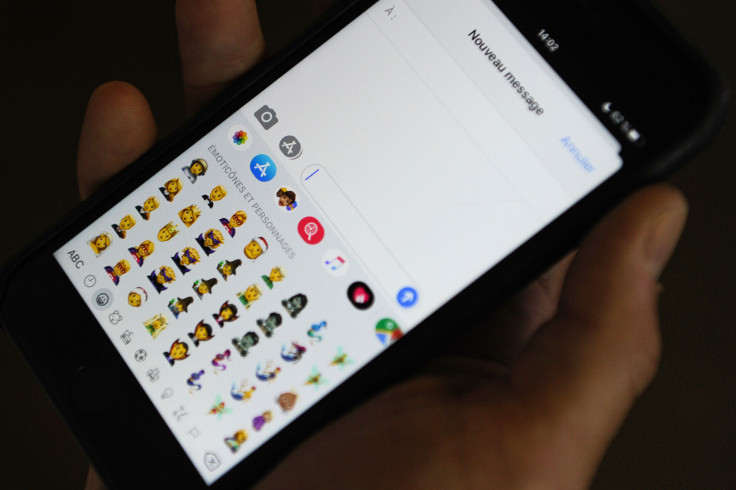
Law enforcement agencies in the United States are facing sharp criticism after records revealed they circulated reports suggesting that everyday emojis could indicate links to Tren de Aragua, a Venezuelan criminal group. The theory, repeated in official briefings and training documents, has been described by experts as unfounded, dangerous, and likely to deepen racial profiling.
Documents obtained by transparency nonprofit Property of the People, and published by The Guardian, show that the FBI, Customs and Border Protection, the US Army, and the NYPD all warned officers that emojis such as trains, crowns, ninjas, swords, aliens, and even strawberries could serve as coded gang symbols. Some reports went as far as to argue the train icon pointed to the gang's name, which translates as "the train of Aragua."

The warnings resemble past practices where tattoos were used as alleged proof of gang membership. In immigration proceedings, tattoos with no clear connection to crime were often cited as justification for deportation, raising concerns that harmless cultural or fashion expressions could again be misinterpreted as criminal indicators.
Experts Reject the Claims
Specialists who reviewed the documents dismissed the emoji claims outright. Andrés Antillano, a criminology professor at the Universidad Central de Venezuela, said there is no evidence that Tren de Aragua uses symbols or emojis to identify members. He described the guidance as "completely arbitrary." He noted that both tattoos, which were used by ICE to detain Venezuelan men and send them to El Salvador, and emojis mentioned by US agencies are common in youth culture worldwide.
Rebecca Hanson, a researcher at the University of Florida, added that Venezuelan police themselves do not recognize such symbols as gang identifiers. She pointed to the group's fragmented nature, arguing that there is no unified iconography across different cells.
Risks for Immigrant Communities
Advocates warn that attaching criminal meaning to online symbols could have serious consequences for immigrants, especially Venezuelans. Sirine Shebaya, director of the National Immigration Project, said that flimsy intelligence often gains weight once repeated by multiple agencies, creating what she called a "feedback loop" that impacts people's lives.
The Supreme Court's recent decision allowing immigration agents in Los Angeles to stop individuals for speaking Spanish or appearing Latino has heightened these fears. Same can be said by the use of spyware to access cell phones.
Attorneys believe that if emojis are treated as evidence of gang ties, the net for detentions and deportations will grow even wider.
Political Fuel
The controversy comes as Donald Trump continues to cite Tren de Aragua to justify his immigration policies and military actions. Earlier this year, he referenced the group when announcing strikes on Venezuelan boats in the Caribbean.
© 2025 Latin Times. All rights reserved. Do not reproduce without permission.







